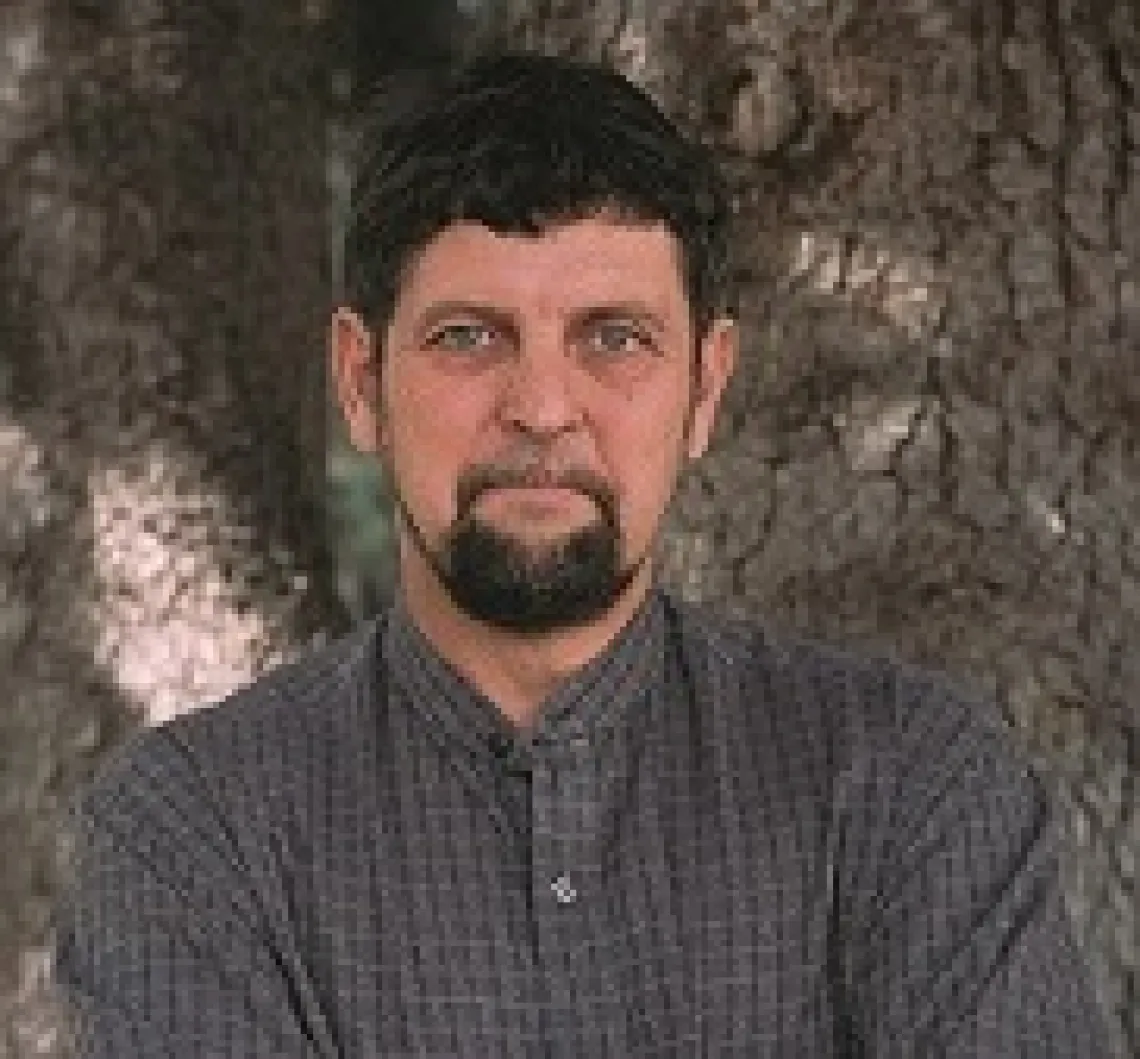Catching up with MacArthur Fellow, Dr. Gary Nabhan

By David Bradshaw, Graduate Center Program Coordinator March 8, 2015
The Graduate Center caught up with the UA Southwest Center's Research Social Scientist, Dr. Gary Nabhan, MacArthur Fellow Class of 1990, to find out more about his upcoming talk "Seeds, Sown by Hand: Conservation You Can Taste" on March 12, 2015, at 5:30pm in the UA Chavez Building, Room 111 as part of the MacArthur Fellows Speaker Series. Dr. Nabhan is a leading scientist in the fields of ethnobotany, agroecology, cultural geography, and is well known for his work with Native Seeds SEARCH and is Senior Contributing Editor for Edible Baja Arizona.
Graduate Center: What are some of the questions you will address in your talk?
Nabhan: I am interested in the processes of both creativity and innovation in the arts and science, as well as the synergies which emerge when scientists and artists collaborate. If universities are to truly foster innovation through the creative process of being engaged with other scholars in an interdisciplinary manner, how can we better set the stage for more effective interplay among the arts and sciences? How can we let art be more than just illustration or popularization of science for the masses? How do we train scientists and artists to be bilingual land grounded in both the arts and sciences as Thomas Jefferson, Leonardo da Vinci or Rachel Carson were?
Gradaute Center: How did the MacArthur Fellowship influence your career?
Nabhan: It validated the professional risks I was taking to be engaged in agroecology and ethnobiology as sciences and creative writing or storytelling as arts. I didn't have to play games or silo part of myself anymore, which was a relief since I am not very good at being compartmentalized for the sake of a neat little career. So I could publish cutting edge science with colleagues in Nature, Proceedings of the National Academy of Sciences, or the American Anthropologist at the same time I was getting award winning literary natural history essays and poems out in other venues, without having to apologize for either. I never tried to think outside of the box because I never really lived in one anyway. I just went where ideas and images needed to be explored.
Graduate Center: How did your involvement with the University of Arizona play into the opportunities that the MacArthur Fellowship offered?
Nabhan: Well, I was pretty miserable as a graduate student in classes here in the 1970s because they were so restrictive, but mentors like Paul Martin [Department of Geosciences] and Doc [Emil] Haury [School of Anthropology] and Bill Calder [Department of Ecology and Evolutionary Biology] and Larry Evers [American Indian Studies] offered me space and refuge. But after the MacArthur and Pew Fellowships were gifted the same year, a lot of others helped me pull out the stops. I have taught in creative writing, literature, botany, forestry, agriculture, range science and Native American studies at all three state universities in Arizona.
Graduate Center: What's next on the horizon?
Nabhan: I guess what I'd really like to teach is rural community development as well as biomimicry and the creative process of collaborative design with architects, engineers, and biologists. We will see. But I have had to give up scientific and creative prose writing due to several concussions and injuries the last two years. I am trying to learn to write poetry again and am involved in contemplative practice as an ecumenical Franciscan brother. Who knows where that will lead me, but I must give the rest of the time I am alive to non-dual consciousness and serving those who have not been given the lucky breaks I have been graced with. It's no longer about advancing my own work, but being in service to others, including youth from minority cultures who deserve more than our society has offered them.
Don't miss Dr. Nabhan's talk "Seeds, Sown by Hand: Conservation You Can Taste" on March 12, 2015. For more information, visit: http://gradcenter.arizona.edu/macarthur-fellows-speaker-series-2015.

